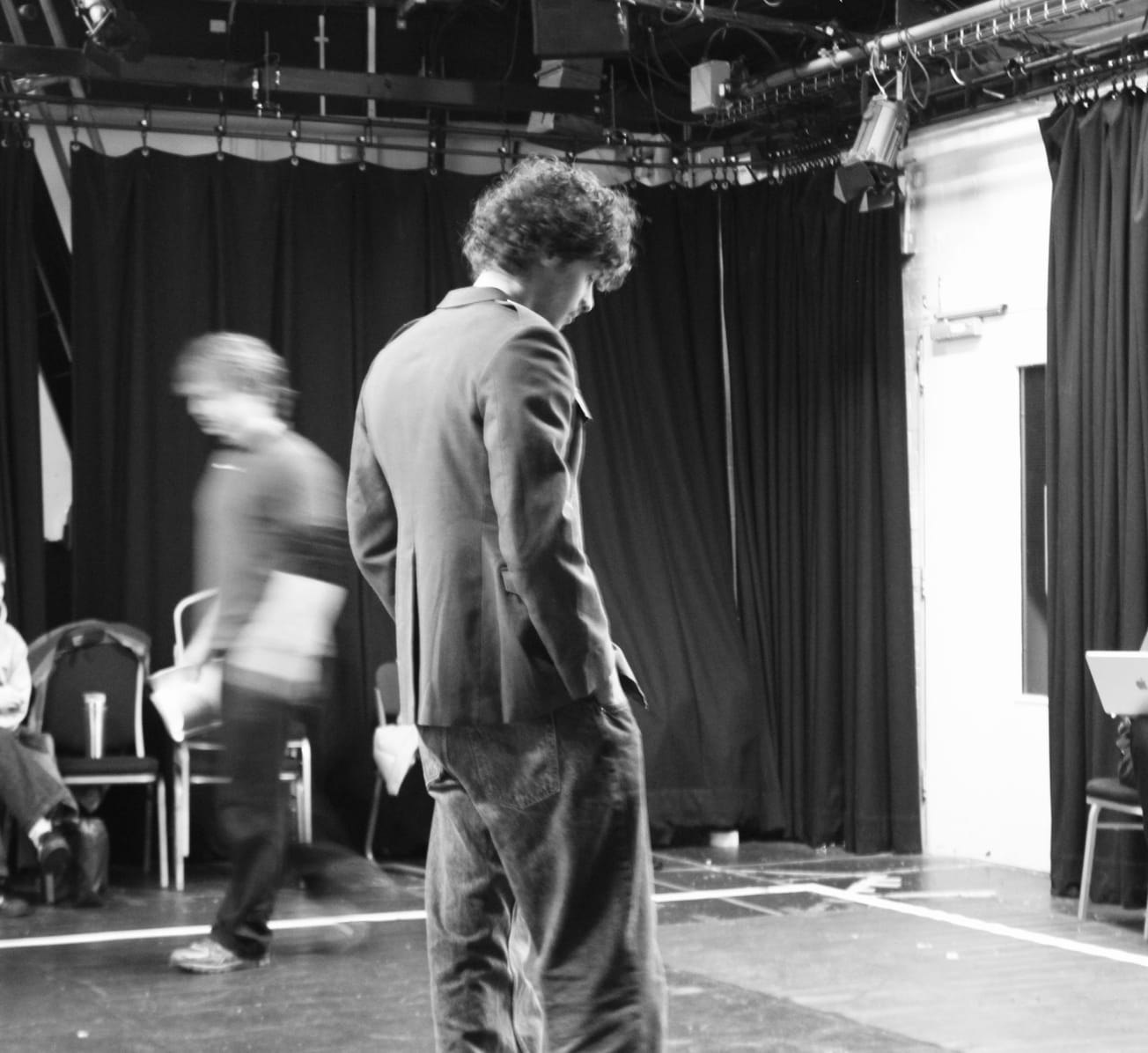By Leah Martindale, Film & TV Editor
Coronavirus has swept the world, and with it many of our social lives are being decimated by recommended social distancing and self-isolating abounding. One timeless relief to boredom and isolation has always been, however, to disappear into a book. This is my definitive list of recommended reads you will not be able to put down to keep you busy amidst everything.
The Catcher in the Rye by J. D. Salinger
During my gap year I endeavoured to explore the world of American literary classics. Among many a ‘samey’ story lay The Catcher in the Rye: wonderfully sincere and devoid of any such ‘phoney’-ness the protagonist derides. The story centres around its unlikely protagonist: the bad-tempered, bad-mannered, badly-behaved Holden Caulfield. The charm of Holden lies quite clearly in his lack of it. He speaks plainly, every sentence littered with the colloquialisms of the time, and yet in no way alienating.
The story spans one singular day in the life of a 1950’s 16-year-old schoolboy, but Holden’s story is timeless and ageless in one. The story is not about the text, but rather its subtext, and in weaving recognisable indiscretions and the memories of arrogant pubescence through seemingly unrelated occurrences, Salinger wrote something that would far outlive its era and content.
Of course, the book is a product of its time, and so is littered with micro-aggressions, prejudiced language, and the occasional political slip-up. For instance, the book’s allusions to the atom bomb as something he’s ‘sort of glad for’ is cringeingly painful, unbeknownst to Salinger that Hiroshima and Nagasaki would remain as one of the most shameful memories in recent American history.
Despite it all, ‘The Catcher in the Rye’ is a classic for a reason: it is funny, it is heartfelt, and it is so easy to fall into and not emerge until the final page. ‘And it isn’t education. It’s history. It’s poetry.’
The Book of Dave by Will Self
The Book of Dave is an underrated exploration into the microcosms of British life, the ‘Chinese whispers’ nature of storytelling and distortion, and the law unto themselves that Londoners are. The book is split into two time-zones: contemporary London, and post-apocalyptic southern England in the year 523 AD (After Dave). Much like A Clockwork Orange, The Book of Dave has its own dialect - 'Mokni' - which is a derision of cockney and forms a confusingly uncanny, near-recognisable frame of reference.
Dave is a taxi-driver and raging misogynist, enraged by his recent custody battle with his ex-wife Michelle. His diary ramblings are recovered after a catastrophic flood and spawn a violently bigoted religious following, with 'The Book of Dave' as their religious text. The novel perhaps criticises religious dogma and tradition, but definitely serves as a condemnation of blindly following any rules and regulations without proper assessment.
Much of Dave’s diary is intertwined with ‘The Knowledge’; the laws of the road and secret short-cuts all London black cab drivers must know before they can drive official black cabs. These snippets hold psalm-like relevance amongst certain Dave followers, and serves to show the dangers of any blind acceptance.
The book is funny, cynical, and scary in equal measure: not scary in the way a horror or thriller is, but scary in how easily things can change with just a little push in the right direction.
The First Fifteen Lives of Harry August by ‘Claire North’ (Catherine Webb)
Harry August is born in a public restroom in 1919, is brought up extremely working-class, serves in the World Wars, falls in love, gets married, and dies an unexceptional death. Then he is born, again, in 1919, with every memory of his previous life. In infancy he is driven by this knowledge to madness and commits suicide, after which he is promptly born again, in 1919, on the floor of the very same bathroom.
Dr. Harry August is an Ouroboran (or Kalachakra); people who are destined to live the same lives over and over again in perfect cyclicality, much like a snake eating its own tail. A group of Kalachakra exist across the world, known as the Cronus Club, sending messages backwards and forwards in time through the never-ending cycle of life and death. The book is spurred on by the fact that somehow, somewhere, sometime, the end of the world is getting closer.
Sound confusing? It is. Sound intriguing? It definitely is. Claire North does a far better job than I in encapsulating the circular nature of the Kalachakra, the joys and miseries of a life lived and relived, and the importance of remaining alive - and not only living. Her writing is poetic in language and intricately entwined, playing with timelines and history in a manner not dissimilar to Lionel Shriver.
The First Fifteen Lives of Harry August will keep you up at night, it will have you lost in a Wikipedia spiral googling obscure communist history and street corners in the Ukraine, and imagining the possibilities of a life infinite. It is a masterpiece of contemporary literature and depressingly underappreciated.
The Beatrice Letters by ‘Lemony Snicket’ (Dan Handler)
Though perhaps a little rogue compared to the rest of my list, those who know me well will know my desperate love of all things Lemony Snicket. The story’s universe comprises of the 13 book series, the 2004 Jim Carrey movie Lemony Snicket's A Series of Unfortunate Events, and the most recent edition: a spectacular three season Netflix adaptation starring Neil Patrick Harris as the exceptional Uncle Olaf.
What many fans ignore, however, is the series’ surrounding literature. From Horseradish: Bitter Truths You Can't Avoid - the handbook of wisdom collected by Lemony Snicket over several unfortunate years - to Lemony Snicket: The Unauthorized Autobiography, there is one book that reigns supreme and is well worth a read, even in adulthood, as a welcome reprise from real life horrors.
The Beatrice Letters are a collection of letters from Beatrice Baudelaire II to Lemony Snicket and from Lemony Snicket to Beatrice Baudelaire, as well as Snicket’s traditional letter to the editor. The books contain some of the most wonderfully touching passages on love, loss, and life that are contained within ‘children’s literature,' and have proven a wonderful comfort to me in bygone days.
If you would like a walk on the dark side with a slither of light, and if you are lucky a slip back into a childhood long forgotten, there is no better addition to your Snicket knowledge than The Beatrice Letters.
Remember there are plenty of other ways to read a book than in regular paper format. There are audiobooks galore and Kindle ebook versions which are relatively cheap, some books are even free to download! Stay safe and keep busy with a book.
Featured image credit: Livi Player
Do you have any great reads you would recommend to keep busy? Get in touch!









